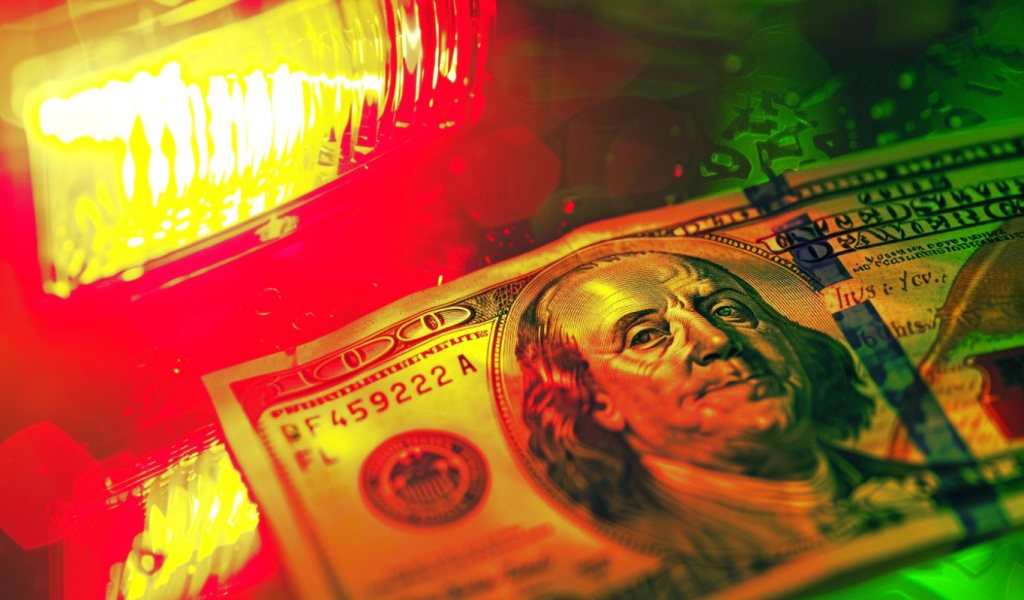
A clear principles-based regulatory approach to the digital assets sector could be a huge benefit to the Australian economy according to the report.
Up to $40 billion a year (AU$60 billion), could be added to Australia's national GDP with the right regulatory framework and could lead to enormous cost savings for consumers and businesses according to a new report.
The Nov. 29 Digital assets in Australia report was commissioned by the Tech Council of Australia (TCA), one of the country's technology industry advocacy groups, and written by technology consulting firm Accenture, which outlined a number of potential benefits the growth of the digital assets sector in Australia could deliver, stating:
“Digital assets (DA) have the potential to transform our lives offering significant time and cost savings to individuals and businesses”
The report estimates digital assets — such as cryptocurrencies, stablecoins, tokens, and Central Bank Digital Currencies (CBDCs) — could deliver an “80% reduction in retail payments costs by 2030,” save Australian businesses 200 million hours per year by automating tax compliance and administration, and a further 400,000 hours in preparing documents for business loans.

It also points to potential savings for consumers of almost $2.7 billion per year (AU$4 billion), or $107 (AU$160) per person, if they use digital assets for international transactions while suggesting that an instant settlement of business transactions could be hugely beneficial for the 4,000 businesses that fail each year due to cash flow issues.
Decentralized Autonomous Organizations (DAOs) are referred to in the report as a way to build public trust by making decisions, transactions, and procedures “automated and transparent,” with all members of the organization granted equal rights through the issuance of utility tokens.
It also mentions that to fully unlock the potential of DAOs, the government needs to clarify the legal status of DAOs including the liability implications for its members after participants of the Ooki DAO were charged by American regulators.
The report estimates “up to 100% of payments” could be facilitated by digital assets if a retail CBDC is introduced, pointing to the rapid uptake of retail CBDCs in other countries such as the e-krona in Sweden.
On Sept. 26, the Reserve Bank of Australia (RBA) — Australia’s central bank — released a whitepaper detailing the minting and issuance of an Australian CBDC, called the eAUD, which would be issued as a liability to the RBA. The pilot project is set to commence in 2023.
Related: Bitcoin is the king of crypto brand awareness for Aussies: Report
The report aims to help the government regulate the sector in a way that enables innovation while protecting consumers, and follows a promise from a spokesperson of Australian Treasurer Jim Chalmers — prompted by the downfall of FTX — that regulations would be coming in 2023 which aim to protect investors while still promoting innovation.
According to a Nov. 14 report from the Australian Financial Review (AFR), 30,000 Australian investors and 132 companies have funds locked up with FTX.




